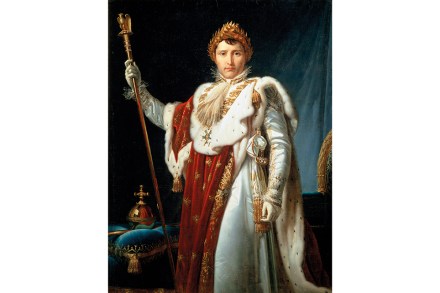What, if anything, have dictators over the centuries had in common?
Big Caesars and Little Caesars is an entertaining jumble with no obvious beginning, middle, end, or indeed argument. But there is an intriguing book buried underneath it which asks more or less this: where does Boris Johnson stand in the historical procession of would-be strongmen or, as Ferdinand Mount calls them, ‘Caesars’? How successful was Johnson’s attempt – overshadowed by the Brexit noise, his personal scandals and his Bertie Wooster act – to turn Britain into a more authoritarian state? Even when Caesars are kicked out, they weaken a country’s institutions Mount, now 84, comes at this from a long Tory past that in recent years he has seemed to


